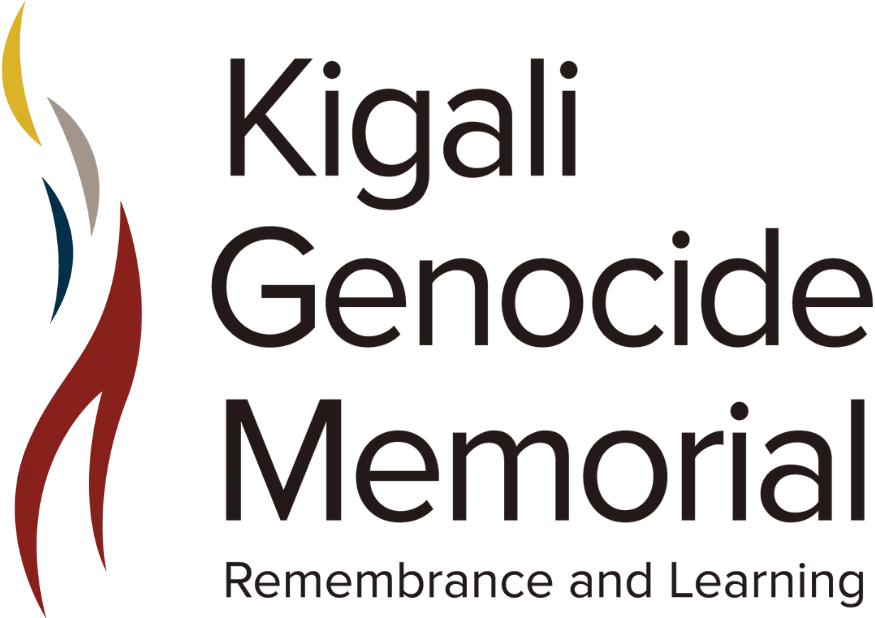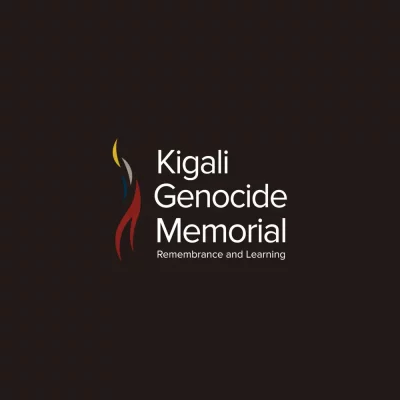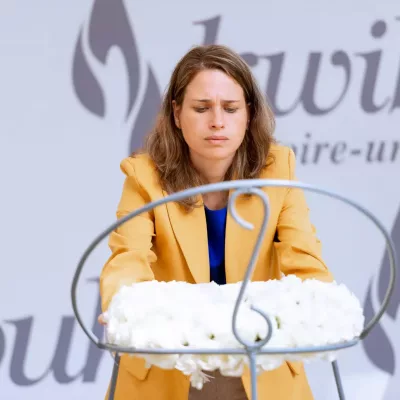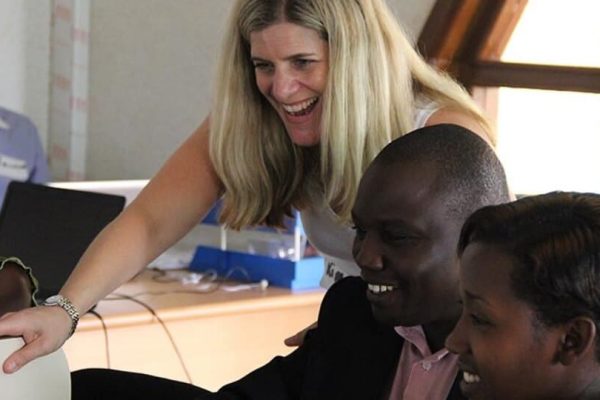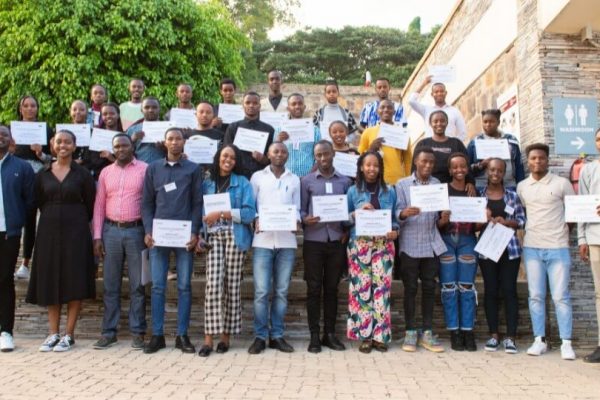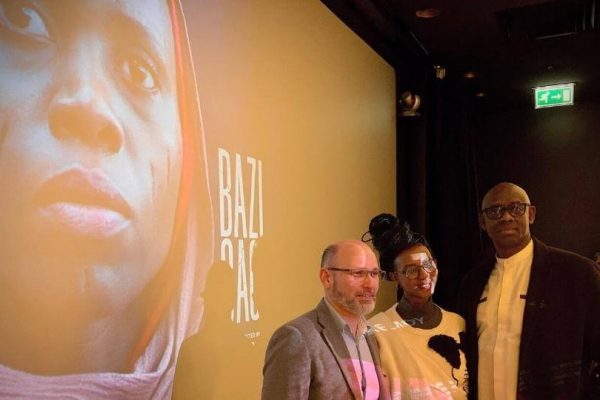Kigali Genocide Memorial Center, 25 January 2015
• Senior Government of Rwanda Officials here present,
• Your Excellency, the Ambassador of Germany,
• Your Excellency, the Ambassador of Israel in Ethiopia,
• Mr. Freddy Mutanguha, Director of the Kigali Genocide Memorial
• Dr. Lea Prais, Director Yad Vashem International School of Holocaust Studies,
• The Director General, CNLG,
• The Representative of Genocide Survivors Associations
• Excellencies Ambassadors, Heads of Diplomatic Missions and Development Partners here present,
• Representatives of the Civil Society, the Private Sector and the Media,
• Dear Colleagues of the One UN Rwanda Family,
• Distinguished Ladies and Gentlemen, All protocols observed.
Allow me to start by saying to you: MWARAMUTSE NEZA Mwese, Good Morning to you all, Bonjour à tous.
It gives me great honour to be here today to make on behalf of the One UN Rwanda Family these brief remarks during the Commemoration of the International Holocaust Day here in Kigali.
Let me at the outset express my profound gratitude and appreciation to the Embassies of Israel in Addis Ababa and of Germany in Kigali for once more closely associating the One UN Rwanda Family to this important event. In particular, I would like to thank the Ambassador of Germany to Rwanda for his constant encouragement to us in all our partnerships and endeavours, including in the joint organization of this important event. I wish to also appreciate the Government of Rwanda here represented by the Executive Secretary of CNLG, Senator Bizimana, for first of all accepting that this commemoration be held in Rwanda and by supporting the organization of this event and gracing it by its valuable presence through the Hon Minister and other Senior Government Officials. I cannot forget to commend the Kigali Genocide Memorial and Aegis Trust for coordinating and hosting this important event.
Excellences, Ladies and Gentlemen,
Last year, we met here to commemorate the International Holocaust Day, which is in the memory of the Holocaust’s victims during the Second World War, during which two-thirds of the nine million European Jews were murdered in very inhumane ways, just because they were Jews. Let me recall that the commemoration last year marked the 70th anniversary of the liberation of the Nazi concentration camp at Auschwitz, exactly on 27 January 1945. A commemoration to preserve the memory of what happened there during the Second World War and to reinforce the “Never Again” resolution, a commemoration to remind the world of what can happen when we lose sight of our common humanity.
This year we are meeting again at the Kigali Genocide Memorial Center, a memorial that carries the same memories of colossal crimes against humanity, a center that that shows that almost 50 years after the holocaust, yet another terrible genocide could occur, despite the strong commitment of the world to never experience genocide again.
It is in this regard that the Embassies of Germany and Israel deserve our commendation and support for deciding to commemorate once again the International Holocaust Day in Rwanda, a country that shares the same history of a terrible genocide. The choice of Rwanda and the site of the genocide memorial center therefore carries a very important message that the world has no place for genocidal and anti-Semitic ideologies in all their forms. Rwanda is also a good example of a nation that once at the edge of collapse, has been able to rise from the ashes of genocide and destruction to a unified, strong and resilient nation that has become a model for social and economic development. History teaches us how Germany also rose from the ashes and destruction of the terrible bombings of the Second World War to become one of the most powerful countries on earth.
Excellencies, Distinguished Ladies and Gentlemen,
The United Nations General Assembly has taken drastic measures to fight genocide through its resolution of 1st November 2005 which reaffirmed the Universal Declaration of Human Rights. It also designated 27th January as an annual International Day of Commemoration in memory of the victims of the Holocaust. Two years later, the General Assembly adopted by consensus a resolution condemning, without reservation, any denial of the Holocaust, stressing that denying the holocaust is tantamount to approval of genocide in all its forms”. The International Community has unreservedly voiced its collective commitment to condemning without reservation the Holocaust denial, in all forms. And in April 2014, while Rwanda was commemorating the 20th anniversary of the Genocide against the Tutsi, the UN Security Council unanimously passed Resolution 2150, calling on states to recommit themselves to the prevention of, and fight against, genocide and other serious atrocious crimes under international law.
In his message for the 2016 International Holocaust Day, H.E Ban Ki-Moon, the UN Secretary General, emphasized the seriousness of crime of genocide and the holocaust in particular when he said and I quote: “The Holocaust was a colossal crime. No-one can deny the evidence that it happened. By remembering the victims and honouring the courage of the survivors and those who assisted and liberated them, we annually renew our resolve to prevent such atrocities and reject the hateful mentality that allows them”.
This is yet another global call to fight genocidal ideologies wherever they occur in the world. With humanity still scarred by genocide, ethnic cleansing, racism, anti-Semitism and xenophobia, the international community including the UN shares a solemn responsibility to fight those evils. Together we must uphold the terrible truth of the Holocaust against those who deny it. This has been reaffirmed again by the UN Secretary General in his message for this year’s commemoration day and I quote: “From the shadow of the Holocaust and the cruelties of the Second World War, the United Nations was established to reaffirm faith in the dignity and worth of every person and to uphold the rights of all to live in equality and free from discrimination. These principles remain essential today. People worldwide – including millions fleeing war, persecution and deprivation – continue to suffer discrimination and attacks. We have a duty to remember the past – and to help those who need us now”.
The importance of keeping true records of the genocide was also stressed by H.E Paul Kagame two years ago, if you allow me to quote one extract from his speech during the commemoration of the 20th Anniversary of the Genocide against the Tutsi in Rwanda and I quote: “Historical clarity is a duty of memory that we cannot escape. Behind the words “Never Again”, there is a story whose truth must be told in full, no matter how uncomfortable”.
Excellencies, Distinguished Ladies and Gentlemen,
The world has pledged that there will never be another holocaust, but conflicts and cruelties continue to happen today and so remembrance is very important. We have seen the rise in anti-Semitism in some parts of the world, we have observed the rise of terrorism in several countries which most of the time are based on religious radicalism that in many instances target Jews as has happened recently in France, Belgium and Latin America as well as North Africa. If not combatted seriously, these recurring violence could lead to more and more bloodshed. As we remember the victims of the holocaust, let us all, in a single but strong voice, say NEVER AGAIN to the holocaust, never against to the genocide in all their forms. Never again to unspeakable and shameful massacres of innocent people, never again to inhumane violence against people on basis of their religion, colour or ethnic origins.
Excellences, Ladies and Gentlemen,
In conclusion, let reiterate that it behoves all of us to fight at any given time genocide tendencies and ideologies. Let me reassure that the United Nations remains firmly committed to fighting without reserve all manifestations of religious intolerance, incitement, harassment or violence against persons or communities based on ethnicity or religious belief, whenever and wherever they occur.
As I end my statement, on this day of Holocaust remembrance, allow me to reoccur the exhortations of the UN Secretary General, to denounce all political and religious ideologies that set people against people. Let us all speak out against anti-Semitism and attacks against religious, ethnic or other groups. Let us create a world where dignity is respected, diversity is celebrated, and peace is permanent.
Thank you for your kind attention. May God bless you.
Murakoze Cyane, Merci Beaucoup.
